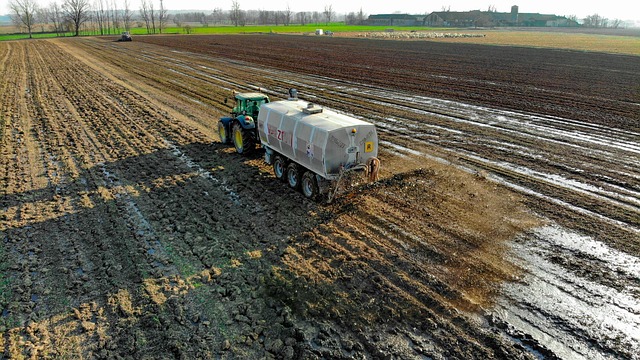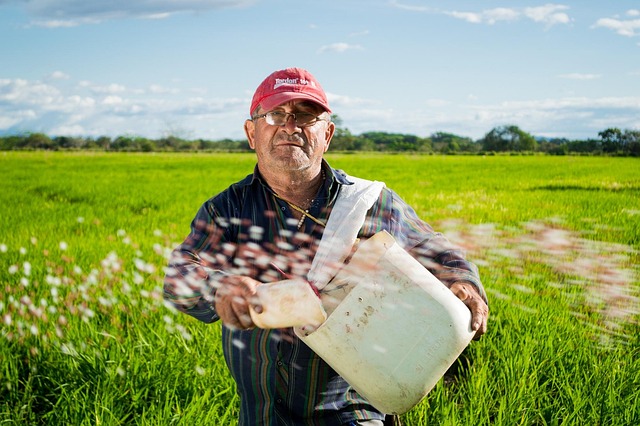Embracing Nature in Your Garden
In a world increasingly dominated by technology and synthetic solutions, there’s a refreshing trend that invites us back to our roots—literally. The art of natural fertilization not only nurtures our plants but also honors the environment and our connection to nature. As we cultivate our vegetables and fruits, embracing eco-friendly practices can enhance both our gardens and the planet.
The Importance of Eco-Friendly Practices
Whether you’re growing tomatoes on your balcony or nurturing an expansive garden, the methods we choose can significantly impact the environment. Traditional fertilization methods often rely on chemical inputs that can leach into soil and waterways, harming beneficial organisms. By focusing on natural fertilization, we protect the local ecosystem and promote sustainability.
Simple Tips for Natural Fertilization
- Composting: Create a nutrient-rich compost heap using kitchen scraps, fallen leaves, and grass clippings. This not only reduces waste but also provides your plants with a slow-release source of essential nutrients.
- Planting Cover Crops: Introduce cover crops, such as clover or vetch, to improve soil structure, prevent erosion, and add nitrogen back into the soil. These crops can be tilled back into the earth at the end of their cycle, enriching it naturally.
- Utilizing Worm Castings: Worms are nature’s best friend! By introducing a vermicomposting system, you can harness the power of worm castings to create an ultra-rich fertilizer for your garden, promoting healthy plant growth.
- Mulching: An organic mulch not only suppresses weeds but also retains moisture and gradually enriches the soil as it breaks down. Materials such as straw, wood chips, or shredded leaves work wonderfully.
- Using Natural Enhancers: Incorporate elements like bone meal for phosphorus, fish emulsion for a nutrient boost, or kelp meal to supply trace minerals. These are easier on the environment than synthetic fertilizers.
Biodiversity: The Key to a Thriving Garden
Encouraging biodiversity is another critical component of sustainable gardening. By cultivating a variety of plants, you can create a balanced ecosystem that naturally supports your crops. Introduce companion planting, where certain plants help each other grow, or plant flowers that attract beneficial insects like bees and ladybugs to aid in pollination and pest control.
Connecting with Nature
As you practice natural fertilization, take a moment to engage with your garden. Feel the soil, observe the buzzing bees, and watch the plants thrive with your care. Gardening is not merely about the end product, but about nurturing life and forming a genuine connection with the earth. By prioritizing eco-friendly practices, you’re not just growing food; you’re cultivating a healthier planet.
In pursuing these eco-friendly methods, we champion the sustainability of our environment while enjoying the fruits of our labor. Together, we can cultivate gardens that are not only productive but also kind to the earth. Happy gardening!




